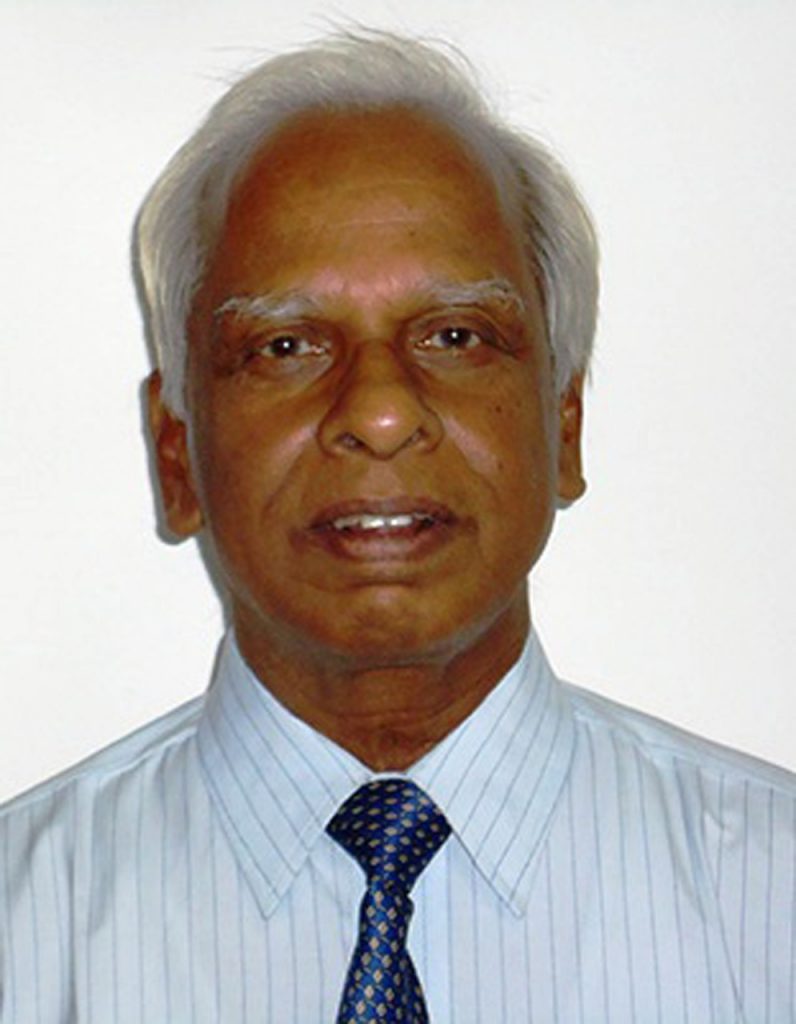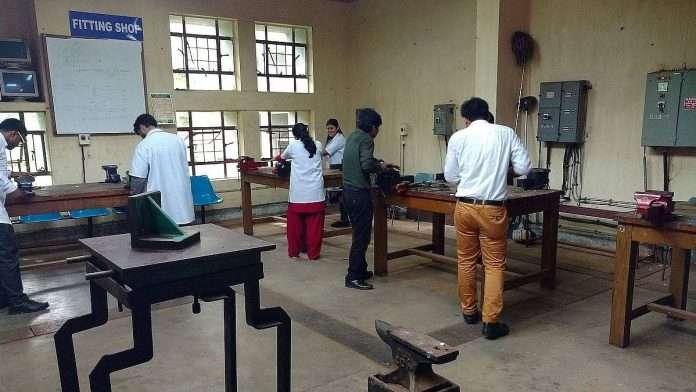According to a news report in “The Times of India” (January 4, 2022), there are no takers for Kannada engineering courses this year. Three colleges in the rural areas of the state had provided the facility of engineering education in Kannada. The Vice-Chancellor of Visvesvaraya Technological University observed that this situation was unexpected. The reason, he felt, could be that the parents did not have “confidence in the programme”. “We will strengthen it and introduce it in more colleges next year”, says the report. It is unclear how he would strengthen it when it has not been implemented in the first place. On this account there would hardly be any meaningful input available to the authorities based on which they could improve the quality of the programme. What he was absolutely right about is that parents’ support is needed for the success of the programme.
There has been some understandable scepticism with regard to the viability of engineering education in our regional languages. At the same time, it is difficult to say that in principle it is without justification. It has not been possible to ensure that every high school -leaver has a good knowledge of functional English. Those who do not have it, would not benefit maximally from instruction in engineering courses imparted to them in English. With the general decline in the quality of education in the government schools, this number of those who are weak in English, is likely to increase in future. Under the circumstances, there is genuine apprehension that a very large number of students would be excluded from higher-level (B.Tech.) engineering education on account of language. One would think that education in the regional language is a way of addressing this problem of exclusion.
This is not to say that it would solve the problem of exclusion completely because the regional language of a certain state is not the first language of every school goerin that state. Is Odia the first language of everyone in Odisha? Is the regional language the first language of everyone in any state? So, the exclusion problem would not be solved, except only partially. One can argue that this itself is no small achievement.
For instructional material, translation of at least the text books into the regional languages is absolutely necessary and the text books have to be those or a selection of those used at IITs and NITs. Those used at the best engineering institutions in the concerned state may also be considered for the purpose.
Translation work seems to have started in the states which are planning to implement the policy. As far as I know, it has already started in Odisha and surely subject experts are engaged in this work.We do not know the guidelines for translation. For instance, are the technical terms, numbers, formulas and equations, etc. going to be retained and written in the Odia script or will the Odia equivalents of the technical terms be created? There are obvious problems with either option; the choice has to be between mixed language (English-Odia), which would be frowned upon by the language purists and highly Sanskritized Odia, which the students and teachers would find very difficult to understand. It would be interesting to see which of these alternatives those engaged in the translation work have opted for.Surely, they will find a way of resolving this tension and bring out readable translations. Content is important, no less so is readability.
And translation cannot be the sole way of dealing with the issue of producing instructional material. The subject experts should be encouraged to write text books and reference books in Odia. They can then go beyond what occurs in the existing text books and incorporate local engineering issues, challenges and the possible ways of dealing with them. This work must be considered to be important academic activity and be given due weightage for the purpose of career advancement of the concerned faculty member. In addition, there must be societal recognition for this work too.The society must appreciate the importance of knowledge (-based) literature and encourage its creation.
It is obvious that the language of instruction and interaction in the class room has to be the same as the language of the books the students will have to read. In the new scenario, this may not happen immediately. The teacher was teaching the subject in English till now. He has studied his subject in English. Under the circumstances, it would be extremely difficult for him (her/they) to switch to the regional language overnight. For quite some time, bilingualism will be there in class room teaching and it must not be frowned upon.
The student must not think that he (she/they) can dispense with English. On the contrary, he has to learn it and learn it well. Poor command of English would only be a liability, not an asset for him. With a good or even a satisfactory command of English, he will be able to interact with his peers on his subject who have learnt the engineering subjects in other languages: Kannada, Hindi, Telugu, English, etc. Such interaction is necessary for improving one’s technical knowledge and for gaining confidence.
By the way, no distinction should be made between knowledge and skill because none exists – skills are knowledge-based. Do you think you can cook some premium quality dalma or biryani without the required knowledge? Or for that matter repair a television set?

The parents’ concerns about the change with respect to the medium of instruction must simply not be ignored. If they show scepticism about the viability of the switch, they cannot be blamed for being unduly fond of English. Language speakers can be different with respect to the command of theirlanguage and their ability to use it creatively but none of them can be said to be unfond and disrespectful of their own language. This applies to even those who shift to another language. Considerations of economic opportunities and upward social mobility play a crucial role in such decisions. Those parents who are born with a wooden spoon in their mouth or with worse, namely, no spoon at all, know how very important it is for their children to get economic opportunities and live a better life. Vidya is arthankari (education must bring prosperity), as our ancients held. Parents think that it has to be so, when it comes to technical education in particular.
They can be motivated to send their children to an experimental educational programme if economically well-off parents and parents who have high social status send theirs to such a programme. However, if the privileged parents too have anxieties and worries about the success of the same and decide not to send their children there, they cannot be blamed. Parents will be parents.
Parents will change their mind if they find that the graduates of the regional language medium engineering colleges do reasonably well to well in the competitive job market. Nothing persuades better than success. Now, for the programme under reference to be successful, the following minimum must be satisfied: (a) the text books and other instructional material, translated or original, are of high quality, (b) teaching is good, (c) the student’s academic progress is carefully monitored and (d) English as a language subject is not neglected in the curriculum.
Once the programme under references succeeds, that is, just about two or three batches of graduates find the expected-or the near-expected level employment (under-employment can be disappointing for the successful students and their parents, both), patents will not hesitate to send their children to the engineering institutions where the medium of instruction is the regional language. This optimism may not be misplaced.
(The views expressed are the writer’s own)

Prof. B.N.Patnaik
Retd. Professor of Linguistics and English, IIT Kanpur
Email: [email protected]
(Images from the net)

